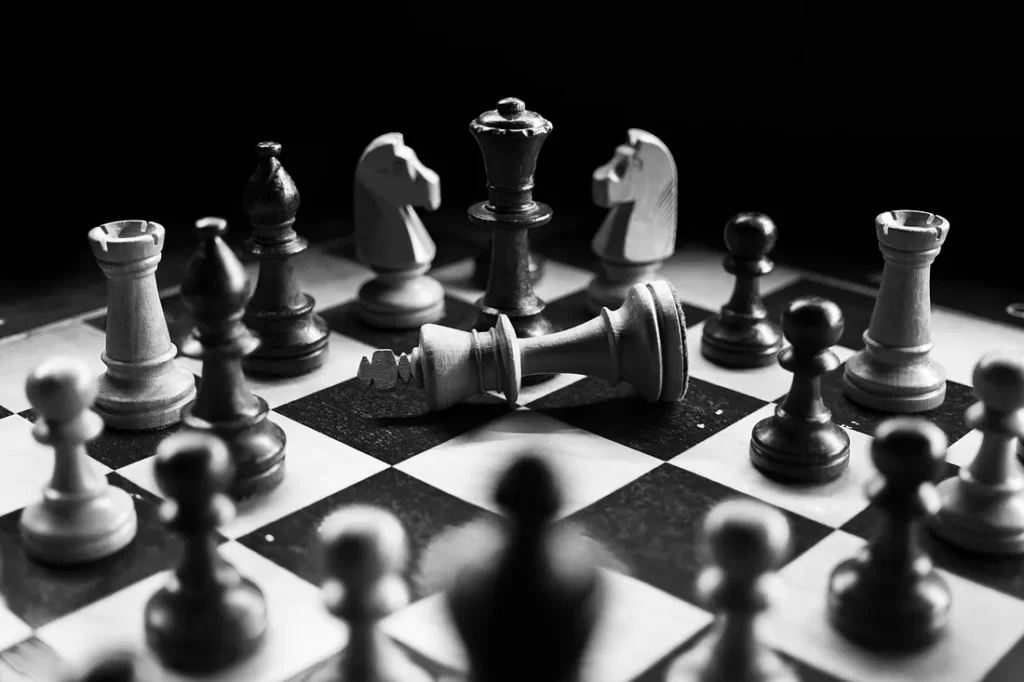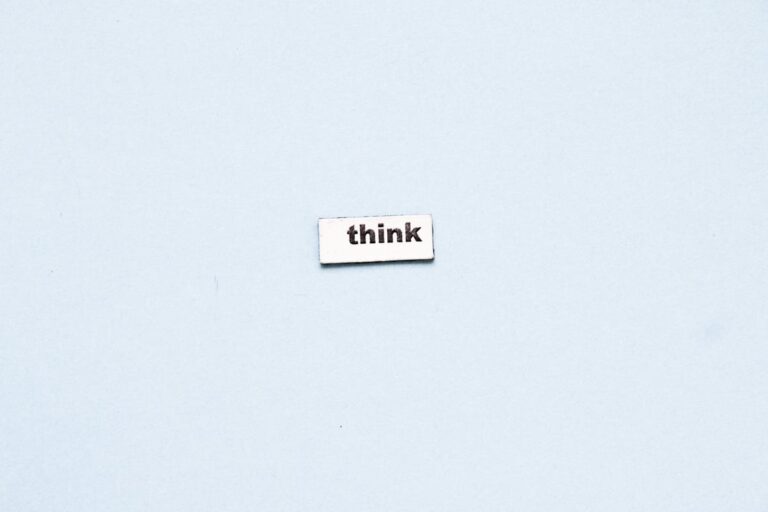Book Appointment Now
Your Trauma Might Be a Myth: The Question You’ve Never Asked

Last month, I saw a post in a Facebook group on spirituality and collective consciousness.
The post had listed different types of trauma, such as injustice trauma, childhood trauma, religious trauma, and so forth. And beneath that post was just a simple, innocent statement saying that we had to heal all of those traumas.
As always, the comments section filled up with people talking about how much work they had to do and how they had all those types of trauma, and even more.
That’s what I’ve generally observed when it comes to trauma-related topics. It’s a space where we pile up conclusion after conclusion until a simple, present-day problem turns into a lifelong label that feels almost impossible to break free from.
This article is not to discredit that trauma exists or to deny the reality of psychological wounds, but it’s more of an inquiry into why you need to start seeing things from a different lens. We can start by asking ourselves this: what if we’re complicating it, or what if experts have complicated it for us?
Trauma in itself is a word or a term just like any other that simply describes an emotional response caused by distressing events.
But lately, it has become more of an identity, especially fuelled by social media and the kind of ‘pop psychology’ or being ‘trendy in healing.’ Every other life challenge that was once normalized now gets labelled as trauma, and the moment that word is used, the victim identity comes along.
This often happens when someone has only a shallow understanding of their psyche or has never deeply reflected beyond their current perspectives- even those of experts.
The Problem with Expert Conclusions
Much of what we believe and understand about trauma comes from influential works like The Body Keeps the Score by Bessel van der Kolk. While it offers extensive research and valuable insights on the topic, blindly following that school of thought or any school of thought without examining counter-studies that challenge its claims can trap you into labelling almost every current struggle you have as “unhealed trauma,” even when it’s not.
This is why not everything an expert shares should be taken as absolute truth, as what they present is an opinion based on their own interpretation and perspective.
This article is no different. It’s based on my own observations, biases, and experiences. I’m not asking you to accept it blindly; I’m asking you to find out for yourself or rather, to question it just as you question what you think you know.
When Trauma Becomes a Lens
When you read statistics claiming that a certain percentage of the population has this or that trauma, we normally forget that percentages are not universals. They do not apply to everyone. But for some reason, you may feel that you belong to that percentage without ever questioning why. That’s how conniving and deceptive your ego is especially when you’re operating unconsciously.
What we need to understand about the mind is it tends to collect information that reinforces what it already believes. For instance, once you have been diagnosed, or even self-diagnosed, with PTSD or CPTSD, there is a high chance you will begin seeing life entirely through a trauma lens.
You might interpret every ego-driven act even from another person as an attack, without considering their perspective or that their actions are aimed at ‘protecting themselves.’ This lens even clouds judgment and personalizes situations that might simply be part of the systems we live in.
Sometimes It’s Just the System- Systems Thinking
Not everything that feels unfair is trauma.
Let’s take the example of the injustice of a corrupt court system. In a country with deep corruption, your experience in court will differ from that in a less corrupt country.
This does not automatically make it a psychological wound or injustice trauma; it might simply be a reflection of the system’s flaws and nothing more.
But if you are operating from a trauma lens, you may view the experience as a deep personal wound, even when it is a predictable systemic outcome that is entirely due to a corrupt or the influence of powerful individuals (case in point when your ex holds much power, you most likely will lose the case).
The change you may need, in this case, is probably to move to a better system where possible.
I’ve worked with clients in the past who were bullied by their exes simply because those exes were in positions of power, and they couldn’t do anything about it except make peace with the fact that they had done their best, even though the system can be disappointing at times.
So, not every difficult experience needs to be seen through a trauma lens or healing lens, sometimes it is simply a reflection of circumstances or systems beyond our control.
The Wisdom of Past Generations
Another aspect to look at is this: our forefathers faced wars, droughts, and other harsh realities without the modern concept of trauma. They did not overanalyze their hardships. They acted. They relied on resilience, perseverance, and the understanding that humans can overcome difficult times. They understood that our primal instincts are based on survival.
Unlike, today, with the rise of mental health awareness, we risk swinging to the other extreme side, where we overemphasize on trauma or healing to the point that we avoid responsibility for our own lives or we view the ‘therapist’s chair as the only place where salvation is and in some cases you have to go there every week.
This is not to say that trauma does not exist. It does. But the purpose of understanding it should be to gain insight, not to build a permanent home for the lazy and conniving mind to comfortably stay.
My Own Experience
I have been caught in this trap before. I worked with clients while holding the same conclusions and assumptions I had absorbed from experts. It did not help them as I had expected it to. I was following someone else’s map instead of looking directly at the territory.
In fact, it got to the point in my personal relationships where, instead of just listening to someone who’s having a bad day just because of work and normal stress, my mind would be busy thinking and analysing about ‘her abandonment wounds’ or ‘unhappy inner child.’ I could get so analytical about everything, which ended up complicating things.
Without deep awareness and understanding, you may easily start seeing human beings as ‘wounded beings who need healing’ instead of as resilient individuals who have survived for years and years – generations and generations.
I am glad, I now understand and that all my assumptions and conclusions about life need to be properly dissected and they even delay my own growth.
They keep you stuck, it’s much like playing in a dirty pool, analysing the dirty water instead of simply noticing that the pool is not yours. It is just borrowed knowledge from someone else.
Challenge yourself
So, this is a compassionate invitation for you, Ask yourself: If you had never learned about trauma, how would you approach your problems?
Would you spend years digging through the past?
Would you keep collecting more techniques and books?
Or would you simply live your life, picking yourself up when you stumble without making it a bigger story than it needs to be?
Remember, it is not the knowledge of trauma that changes you. It is the change in your perception and the actions you take. Healing trauma may be part of the process, but once you have done it, you have to drop it.
Use it like a boat, cross the river, then leave it at the shore.
A Different Way to See It
In conclusion, stop labelling everything as trauma. See life as it is, without the extra weight the word carries.
Once you let go of the label, notice what comes up: the discomfort, the anger, the reluctance to release the familiar story. We all have negative past experiences because that is life. But when we sprinkle them with jargon, our minds make a much bigger deal out of the present than is necessary.
For example, your parents may have left you. This does not automatically mean you have “abandonment wounds.” The beliefs you formed because of their actions may have shaped parts of your life, but those beliefs can be questioned and transformed.
It is less about what happened and more about what you believe about yourself now because of it. It may not be easy to just let it go, as it has benefited your ego in one way or another, but just see it and question it more and more.
Note from the Author
If you’re ready and you’d like my help with healing, finding peace in life and breaking free from these toxic patterns, then you can book a FREE BREAKTHROUGH CALL with me HERE. Happy healing 💙💙. Feel free to share and comment! Use this information with caution, it comes from my own thoughts & bias, experiences and research😊.







